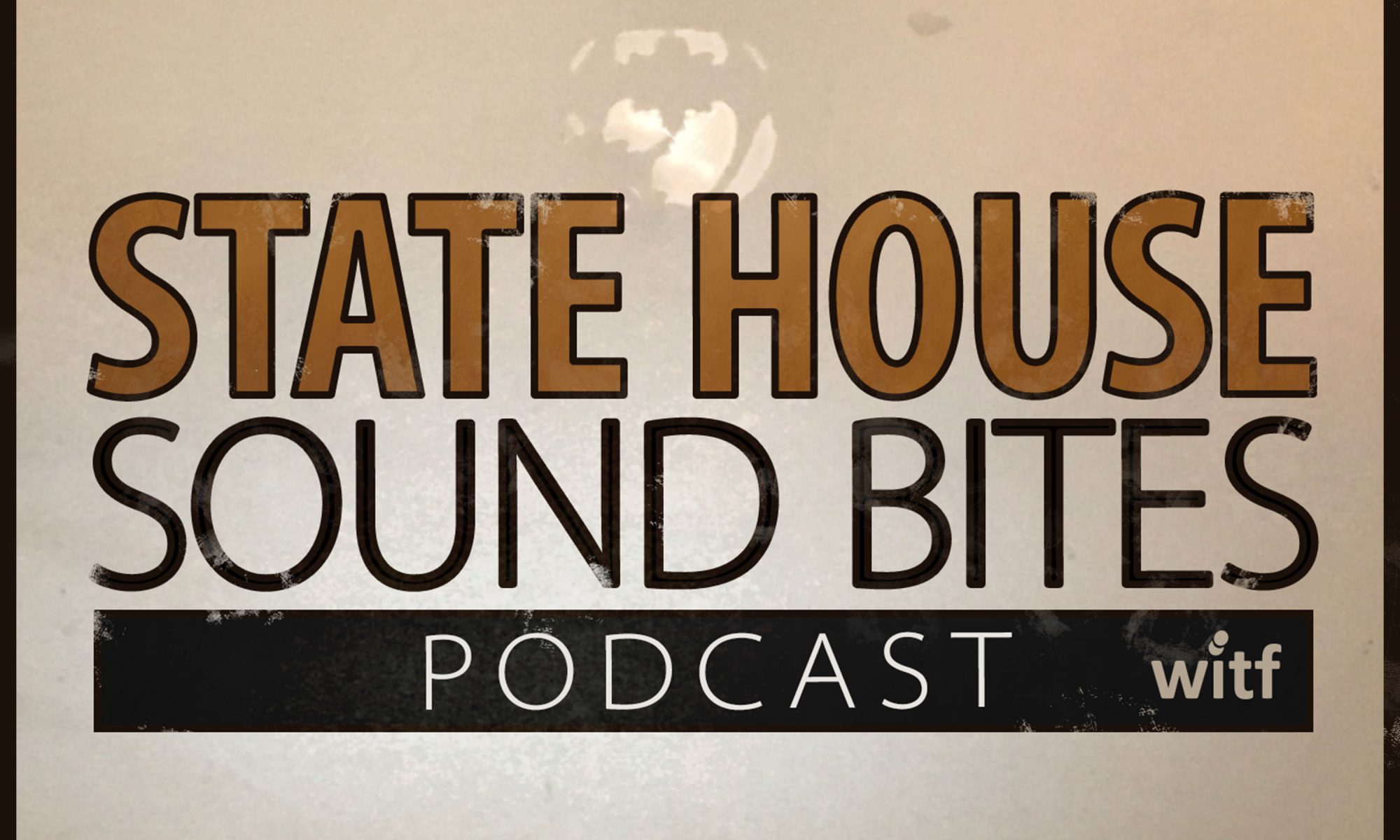This week, Pennsylvania’s Department of Environmental Protection made an unexpected decision to halt construction on the Mariner East 2 pipeline, a massive $2.5 billion Sunoco project that’s intended to eventually link the Marcellus Shale gas formation in Eastern Ohio and Western Pennsylvania to an export terminal near Philadelphia—a distance of 350 miles.
Over the course of construction, a number of spills have taken place, and homeowners have seen their well water contaminated with mud. Sunoco was also discovered to be drilling in some areas without appropriate permits.
In a departure from our usual podcast format, StateImpact Pennsylvania energy reporter Susan Phillips, who’s based in Philadelphia, joins us on the phone to explain the background of the pipeline situation, and talk through what might happen next.
Podcast: Play in new window | Download
Subscribe: RSS

